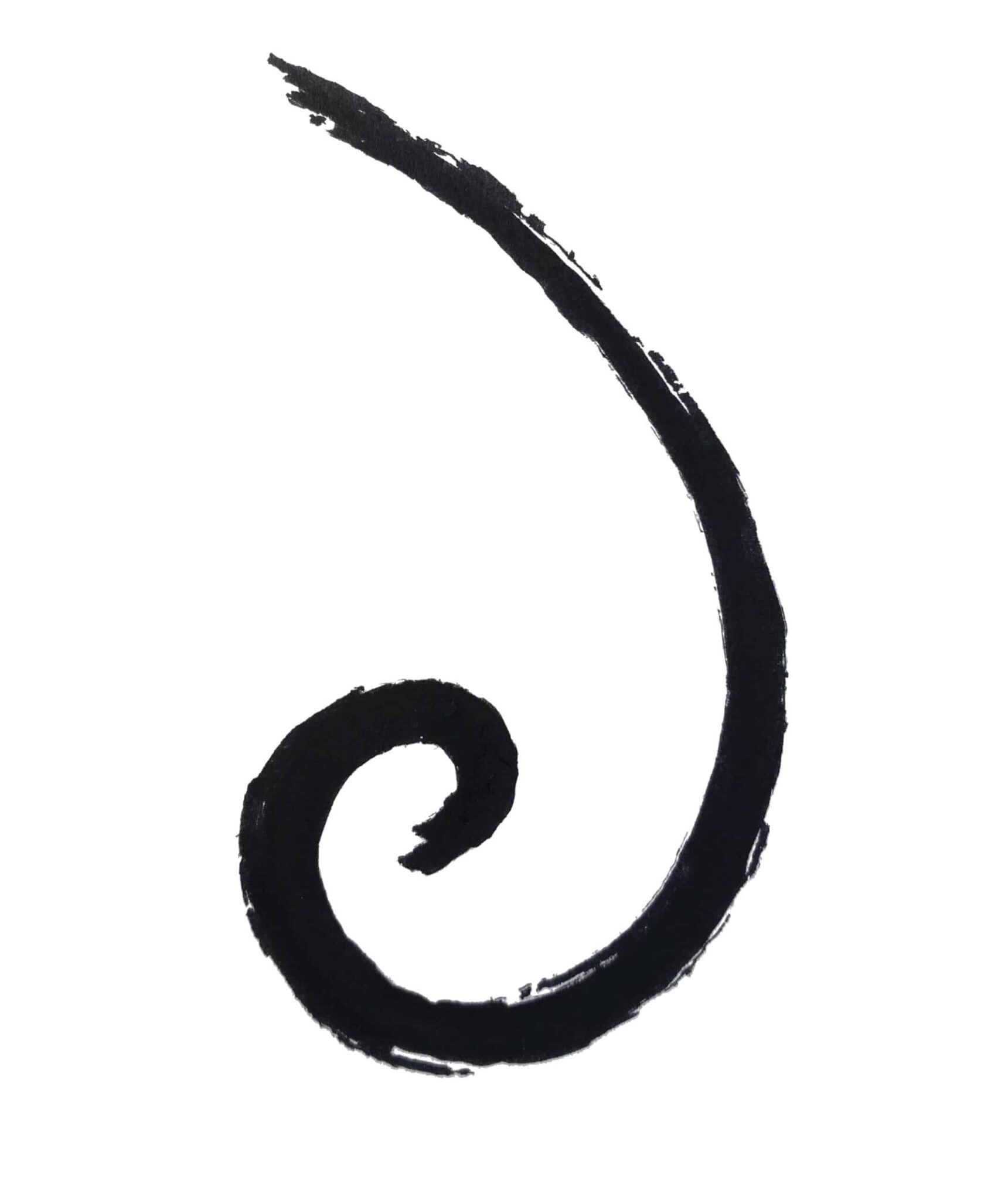
Gary Snyder (born 1930) is an American poet, Zen Buddhist practitioner, and ecological philosopher whose work integrates Beat poetry, Buddhism, and bioregionalism. His collection Turtle Island received the Pulitzer Prize in 1975.
Snyder developed his ecological perspective through direct experience - working as fire lookout in the North Cascades, studying anthropology at Reed College, and living in backcountry environments. Fictionalized as Japhy Ryder in Jack Kerouac’s The Dharma Bums, he participated in the San Francisco Renaissance and Beat movement through poetry readings organized with Allen Ginsberg.
He spent twelve years in Japan (1956-1968) in intensive Zen study, receiving formal transmission in the Rinzai tradition. His poetry synthesizes Buddhism, mythology, Native American perspectives, and ecological science. He describes this approach as “ethnopoetics” - giving voice to the more-than-human world.
Turtle Island, his name for North America drawn from Native American creation stories, presents a vision of bioregional living. Bioregionalism involves learning one’s watershed, understanding local ecology, developing relationships with local plants and animals, and taking responsibility through local engagement. His concept of “the practice of the wild” recognizes wildness not only in remote wilderness but as inherent creativity present everywhere.
Since 1970, Snyder has lived at San Juan Ridge in California’s Sierra Nevada foothills, where he built his own home, established a lay Zen center (Ring of Bone Zendo), and founded the Yuba Watershed Institute. His awards include the Pulitzer Prize (1975), Bollingen Prize (1997), and Buddhism Transmission Award (1998).
Key Concepts
- Turtle Island: Native American name for North America - viewing land through indigenous perspectives
- Bioregionalism: Living as native to specific place through understanding watershed and local ecology
- Practice of the Wild: Recognizing wildness as inherent creativity present everywhere
- Reinhabitation: Learning to live well in place through practical engagement
- Ethnopoetics: Poetry that gives voice to the more-than-human world
Essential Works
- “Turtle Island” (New Directions, 1974) - ISBN 978-0-8112-0548-2 - Pulitzer Prize
- “The Practice of the Wild” (North Point Press, 1990) - ISBN 978-0-86547-453-2
- “Riprap and Cold Mountain Poems” (Four Seasons Foundation, 1965) - ISBN 978-1-58243-208-1
- “Earth House Hold” (New Directions, 1969) - ISBN 978-0-8112-0116-3
- “Mountains and Rivers Without End” (Counterpoint, 1996) - ISBN 978-1-887178-25-4
Selected Quotes
As a poet I hold the most archaic values on earth. They go back to the late Paleolithic: the fertility of the soil, the magic of animals, the power-vision in solitude, the terrifying initiation and rebirth. — Statement on work
Find your place on the planet. Dig in, and take responsibility from there. — On bioregionalism
Nature is not a place to visit, it is home. — Various writings
The mercy of the West has been social revolution; the mercy of the East has been individual insight into the basic self/void. We need both. — “Buddhism and the Coming Revolution” (1969)
Walking is the great adventure, the first meditation, a practice of heartiness and soul primary to humankind. — The Practice of the Wild (1990)
Stay together / learn the flowers / go light. — “For the Children” (1974)
The real work is what we really do. And what our lives are. And if we can make work real, we can make it whole. — The Real Work (1980)
Paths are necessary in order to go off the trail. — On wild practice
Further Reading
Biographical Sources
- Wikipedia: Gary Snyder
- Suiter, John. Poets on the Peaks (Counterpoint, 2002) - ISBN 978-1-58243-204-3
Key Books
- Turtle Island (New Directions, 1974) - ISBN 978-0-8112-0548-2
- The Practice of the Wild (North Point Press, 1990) - ISBN 978-0-86547-453-2
- The Real Work: Interviews & Talks 1964-1979 (New Directions, 1980) - ISBN 978-0-8112-0760-8
Related Resources
- Poetry Foundation: Gary Snyder
- Ring of Bone Zendo, Nevada City, California
- Yuba Watershed Institute
